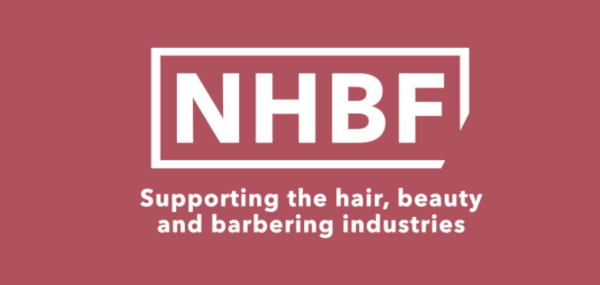The latest NHBF State of the Industry survey findings show that, after a long, hard two years, the sector is finally showing again the more positive signs of recovery and levels of business confidence that we first saw in September 2021. However, the sector is still in a fragile place within a ‘perfect storm’ of rising staff costs, energy prices and supply price inflation, and so the NHBF is calling on governments across the UK to continue to support the industry’s recovery.
Hair & beauty businesses endured a difficult winter and slower than expected spring, partly due to the emergence of multiple Omicron COVID 19 variants which led to staff shortages plus client absences due to both illness and fear. This interrupted the initial recovery that businesses had reported in September 2021.
The NHBF State of the Industry survey, which took place between 27 June and 8 July this year, shows businesses feeling more confident as they travel on the path to business as usual. The survey shows:
- 44% of businesses are now making a small or good profit (up from 30% in April). 36% are breaking even. However, one fifth of businesses (20%,down from 27%) are still making a small or substantial loss.
- Raising prices is now a consistent trend; 62% raised their prices over the last three months (up from 43% in April). A further 51% will do so over the next three months (down from 58% in April).
- Reliance on external support has reached its lowest point over the last two years but is still high at 50% of businesses (down from 58% in April) that are either partially or completely reliant on Government support.
Staffing, recruitment and apprentices
- Recruitment intentions are showing slight improvements; in the next three months, 27% are definitely or likely to take on new staff (up from 17% in April).
- Over the last three months, 17% have cut back on apprentices (similar to 16% in April). More positively, one fifth (21%,doubled from 9% in April) were definitely or likely to take on apprentices in the next three months.
Richard Lambert, chief executive of the NHBF says, “It’s encouraging to see that two thirds (64%) of businesses are now confident of their survival which is up from 57% in April. But that still leaves a significant third (31%) who are not sure that they will survive until the end of the year.
This means that the measures that we have been asking governments across the UK to address – from continued support on business rates to more employer incentives to hire apprentice – are still vitally important to help this 31% survive and all other hair & beauty businesses continue to grow.”
He continues, “With continued support from each national Government, further UK government support into the autumn and incentives for apprenticeships, we are confident that the personal care sector will play an important role in the UK’s sustainable economic recovery, the future of thriving high streets and community wellbeing.”
The full list of what the NHBF have been asking UK and nations’ governments for is:
- An increase in the 50% discount on business rates for 2022-23 in England and further discounts in the other nations; in addition to flexibility on repayments of CBILS (Coronavirus Business Interruption Loan Scheme) and bounce back loans to offer much needed support to those suffering financial hardship.
- The reintroduction of the Job Retention Bonus (£1000 per eligible employee) through to the autumn of 2022 to sustain jobs and businesses and restraint on further increases to the National Minimum Wage and apprenticeship rate until the recovery is more stable.
- More attractive apprenticeship incentives to employers, focusing on the development of affordable apprenticeship schemes specifically for small businesses. In particular, to make it financially viable for them to recruit and retain apprentices. Most important is to find ways to fund the gap between the apprentice wage and minimum wage for apprentices aged 19+, which is currently difficult for businesses to afford.
- Asking the Low Pay Commission, who are advising the Government on rises to the National Minimum Wage (NMW) and National Living Wage (NLW) in 2023/24 to look at slowing down the introduction of wage rises. This is help businesses through a predicted difficult few months of rising business costs, ensuring they protect their business and their employees’ jobs.
- Government to lead a crack-down on those businesses in our sector who avoid paying tax and so are driving down prices and damaging legitimate businesses already under pressure.

